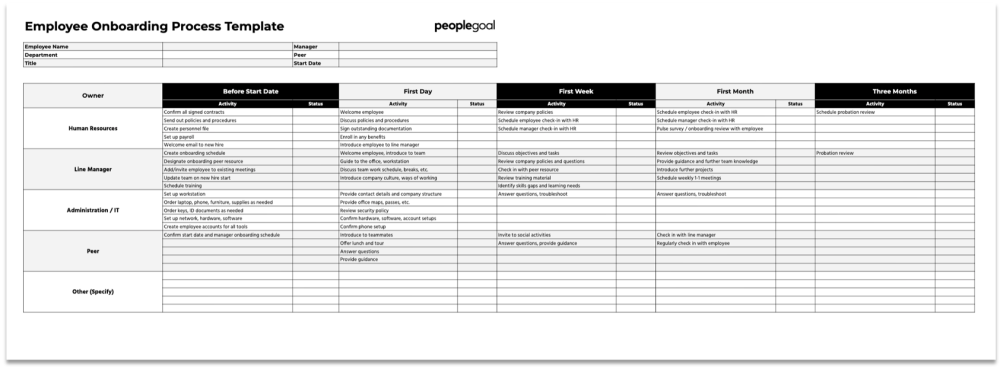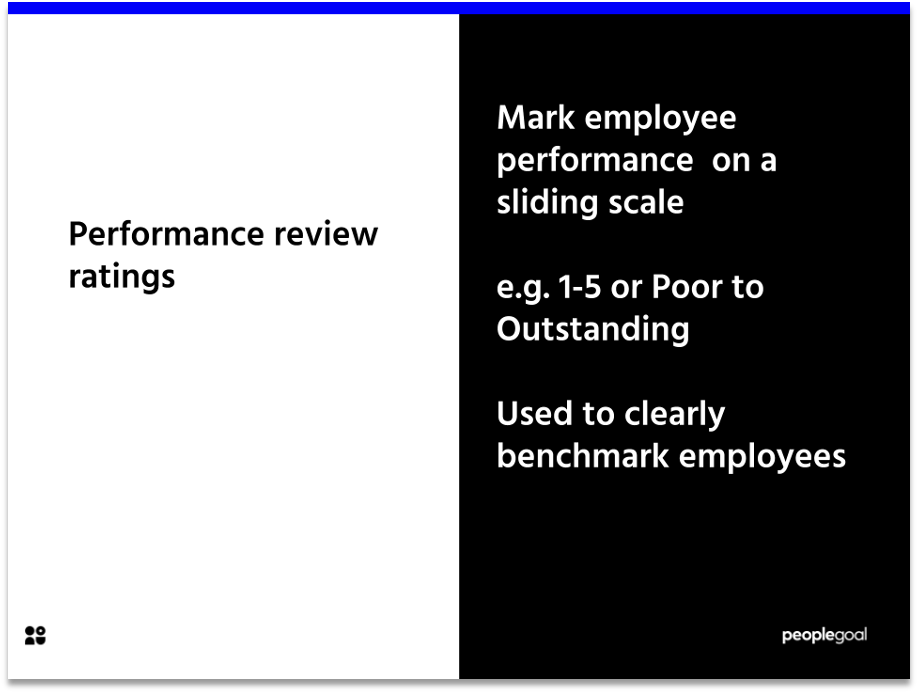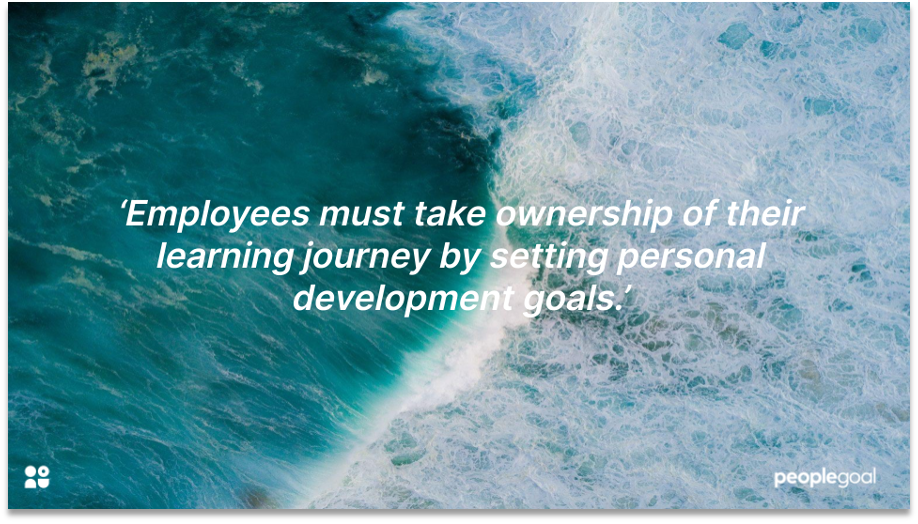In today’s current pandemic crisis, getting both teamwork and team-building right can be the difference between sinking and swimming. So how is each defined?
Teamwork is “the process of working collaboratively with a group of people in order to achieve a goal”.
And team-building is “the ability to identify and motivate individual employees to form a team that stays together, works together, and achieves together”.
Teamwork selects teammates for their individual skills and unites them to achieve a common objective.
Team-building involves the initial formation of groups to achieve said objective.
Team-building is the glue that produces good teamwork.
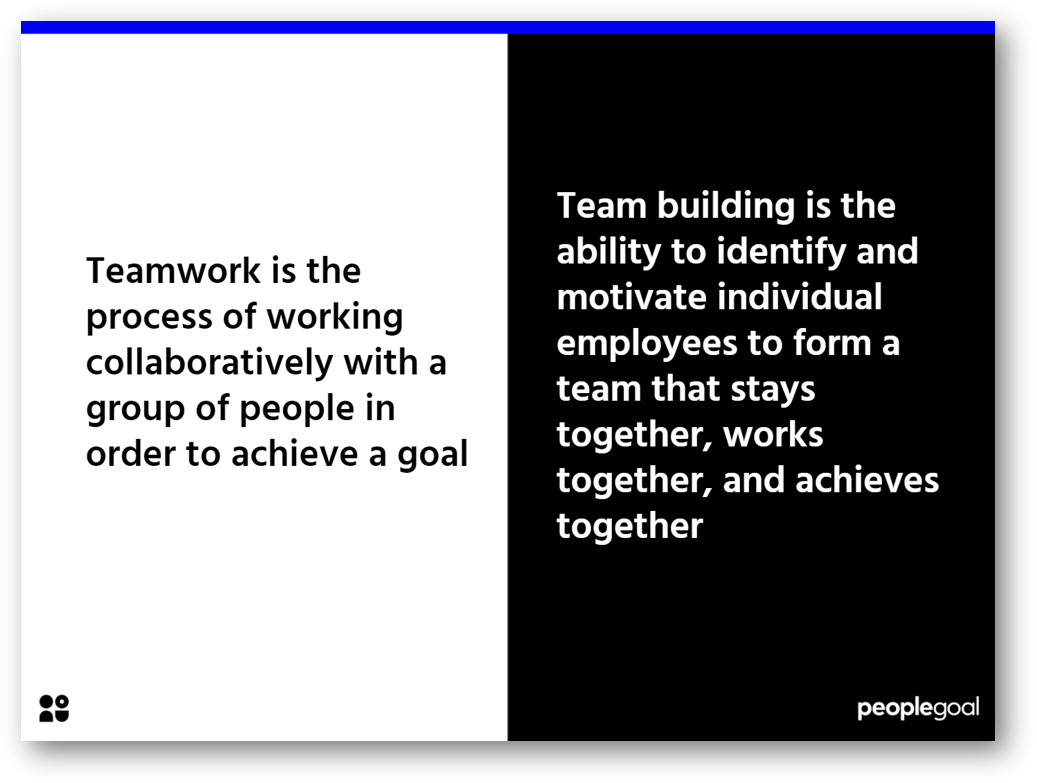
Team-building
Team-building centers around selecting the right people to make a team to complete a common goal. The team leader should be choosing employees with a diverse mix of talents and experiences so that there are different perspectives and expertise to be input into the task.
Key to the process of team-building is the nurturing of the internal relationships. Healthy and productive relationships are integral to high performing teams. That’s why you commonly hear of (or experience first-hand) team-building exercises. These are used to develop relationships amongst team members. They also encourage teams to work as a unit, and create greater trust and understanding.

[Check out our 17 Icebreakers to create your own team-building exercise]((https://www.peoplegoal.com/blog/17-icebreakers-for-team-building “17 Icebreakers for team-building”).
Typically, team-building activites are done in-person, such as scavenger hunts or obstacle courses. In the current climate we’ve been driven to become more creative and come up with virtual team-building activities for the ever-growing numbers of remote workers.
What are the benefits of team-building?
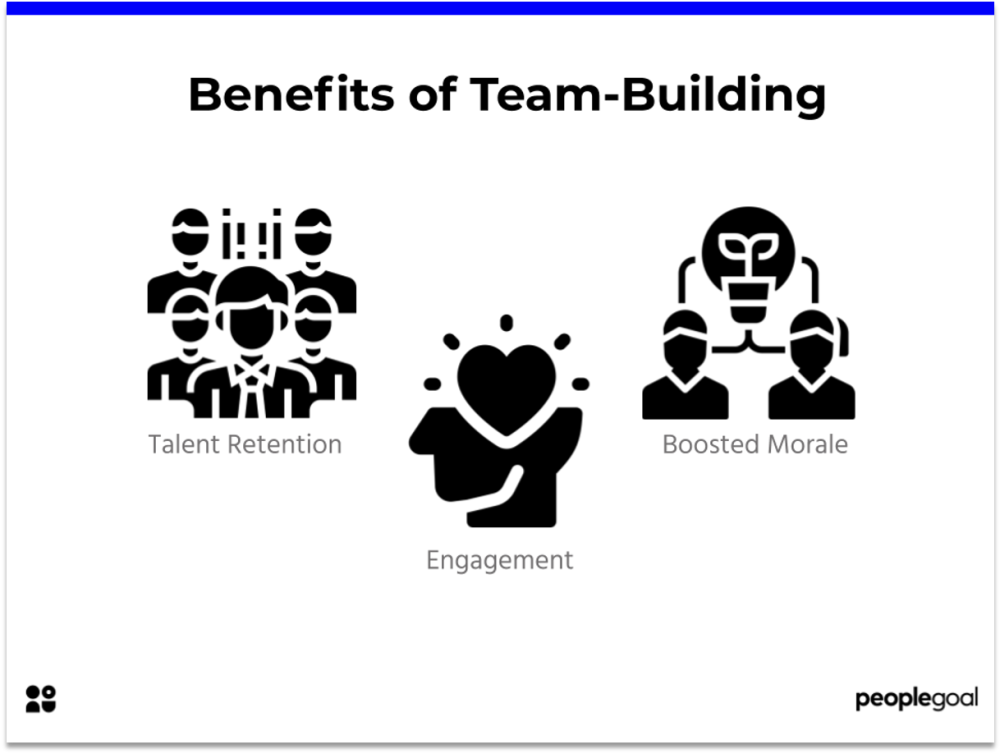
1. Employee Engagement
When employees feel that they are able to openly discuss ideas and work together to improve processes with both tenacity and honesty, they become more invested in the organization and its people. They will also develop a greater sense of loyalty and will become more engaged.
This is because they feel that they are part of something, and they can see how their work is directly impacting not only the organization, but also the people that they are working with. This motivates teams to work as hard as they possibly can.
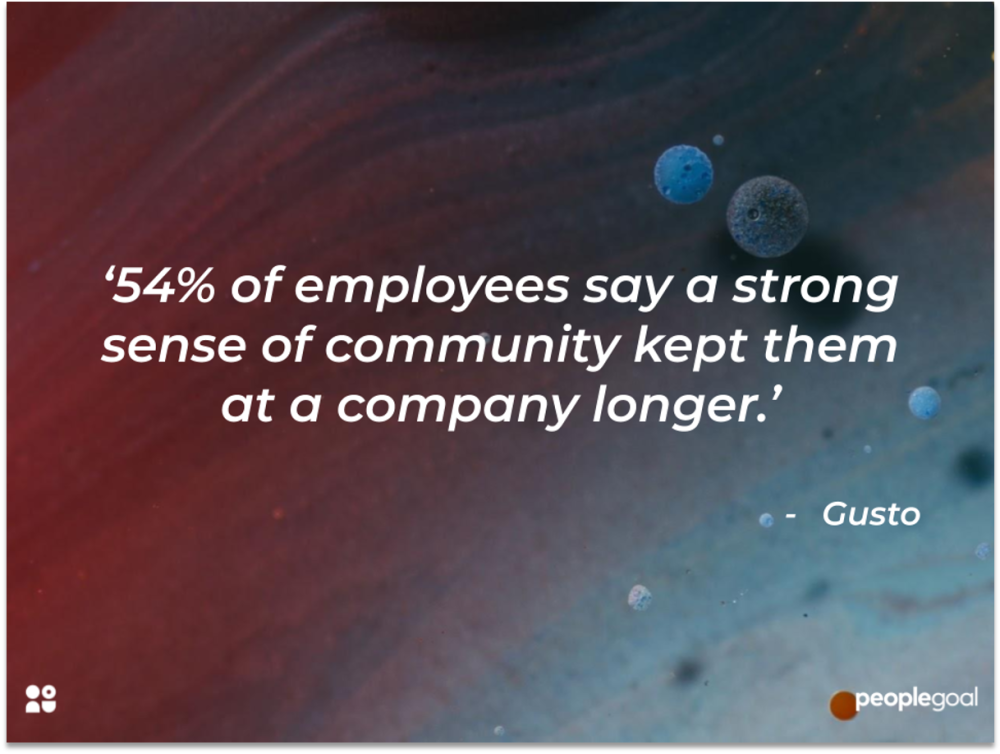
2. Morale
Team-building boosts morale and psychological safety. By dividing the risk between members of a team, individuals feel more inclined to take risks and offer potentially risky ideas. This is because the responsibility is spread amongst the team rather than falling on one person’s shoulders.
This can encourage people to put themselves out there, and also gain confidence in their team members as they share a sense of purpose.
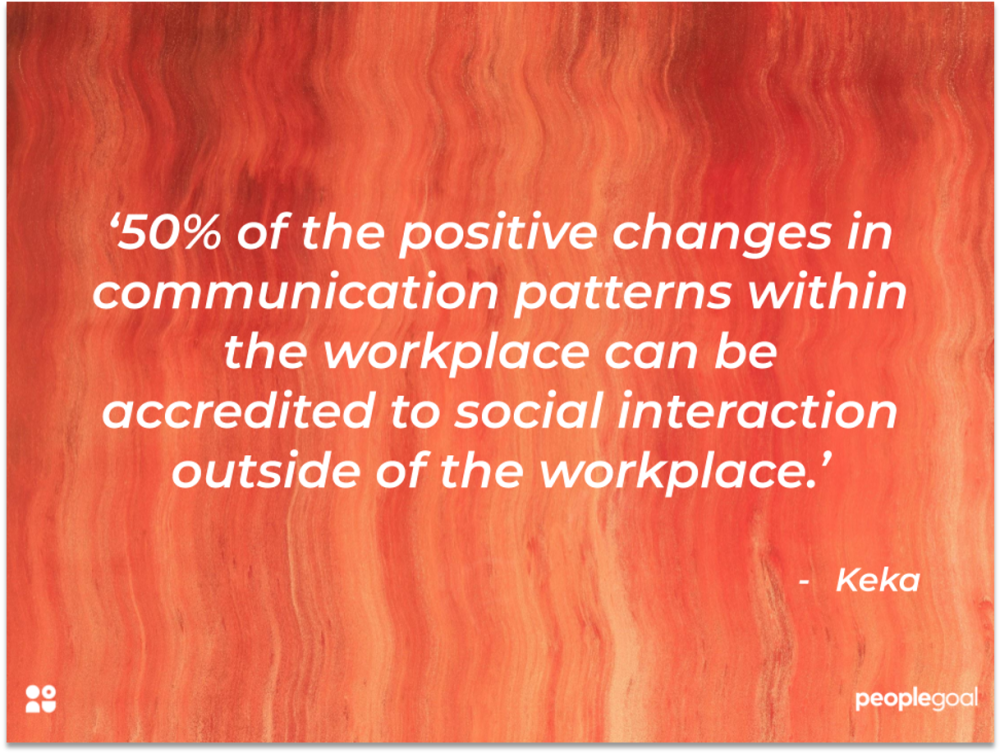
3. Employee Retention
Team-building activities are proven to increase employee retention. When employees are motivated to work, whether it be the boost in morale team-building provides or the greater sense of purpose and connection with those around them, they tend to enjoy work more. This can hugely affect overall company culture, and in many cases team-building activities are integral parts of company culture.
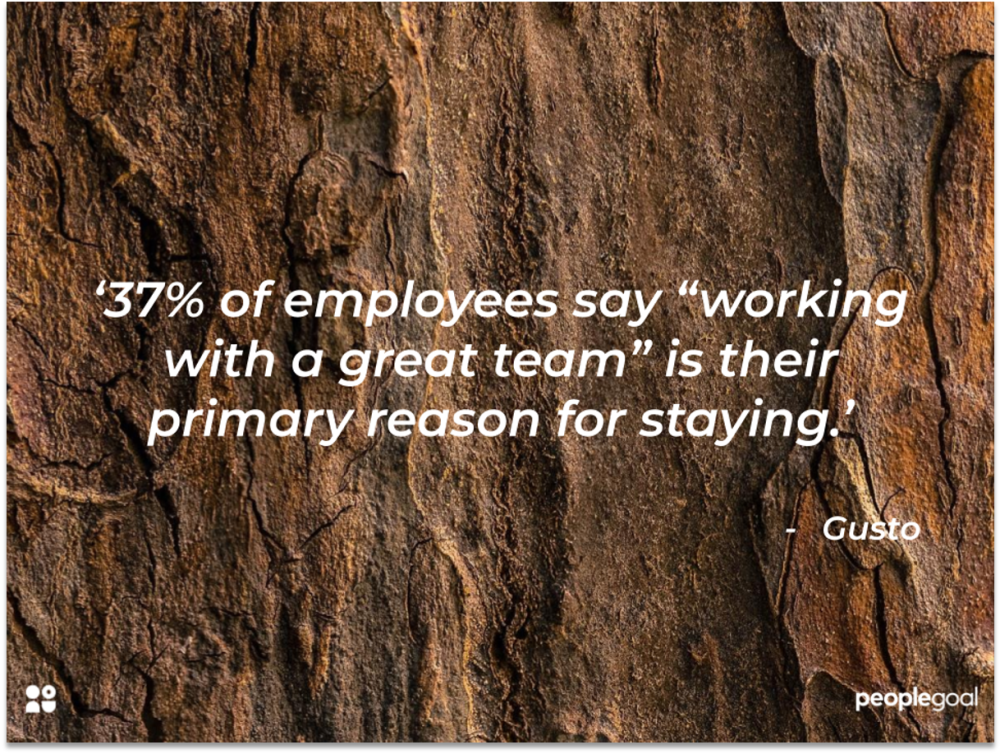
Teamwork
Once you have brought together the individuals you need for a team and developed their relationships through the art of team-building, they are then ready to conduct teamwork. As Michael Jordan once said, “Talent wins games, but teamwork and intelligence win championships.”
There are many factors that contribute to a high functioning team including open communication, recognition and psychological safety.
What are the benefits of teamwork?
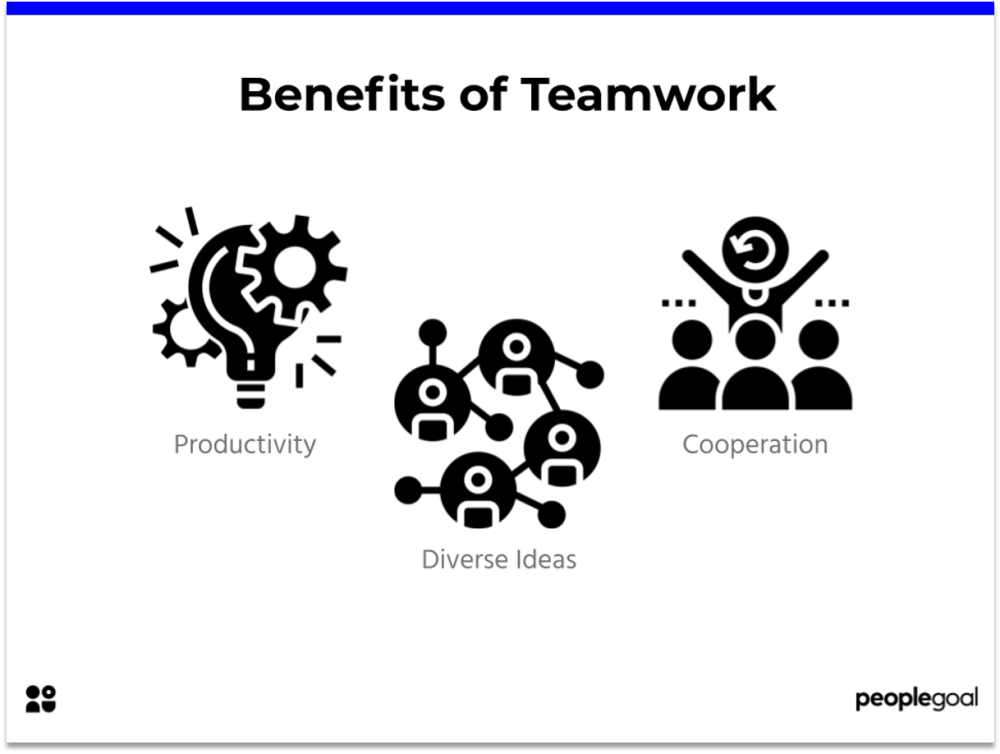
1. Productivity
As intelligent as an individual may be, delegating roles when completing a task can hugely increase both productivity and efficiency.
Tasks can be divided amongst many people. If you’ve put a team together that takes into consideration each employee’s experience you will find you have individuals suited to specific tasks, and who are able to complete them to a higher degree than if you were to do it individually. This saves time, enhances individual performance and increases the team’s overall productivity.

2. Diverse Ideas
Having multiple perspectives and expertise within a team allows for greater problem solving capabilities. There are multiple ways in which having many people approach a problem can help. Not only does a teamworking strategy towards issues provide a platform to improve internal communication, it also provides an opportunity for individual growth as team members learn from others in the team.
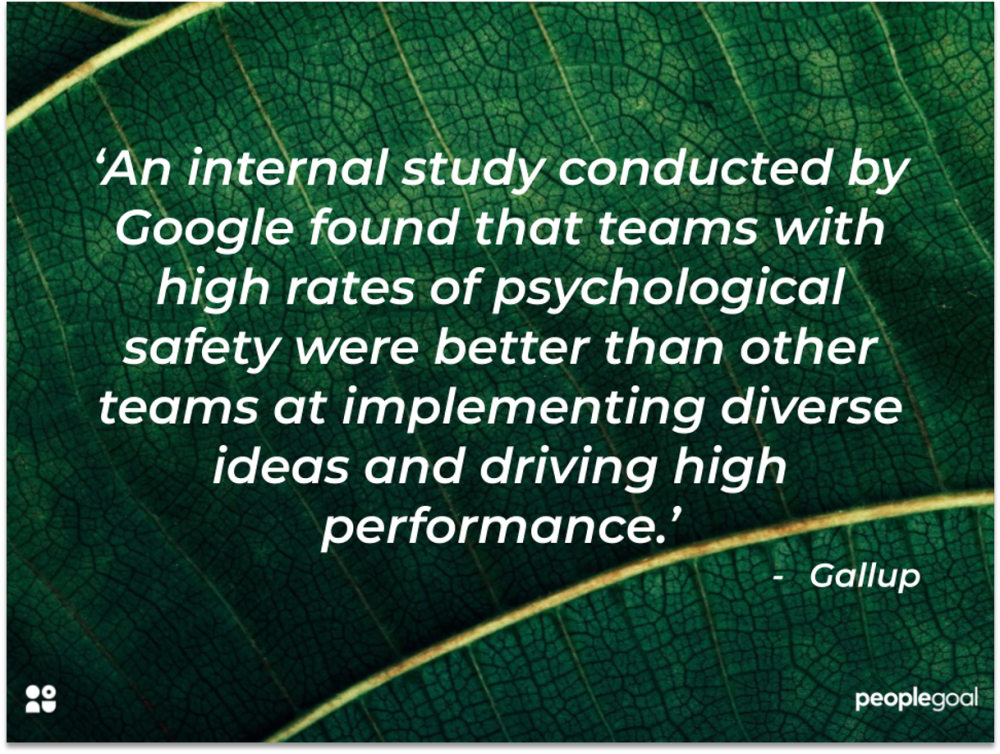
3. Cooperation
Working towards a common goal intentionally or unintentionally brings people together. Teamwork strives to allow employees to learn skills such as trust, communication, and to complete a task by finding common ground. These skills will allow team members to open up, and cooperate to create the best outcomes.
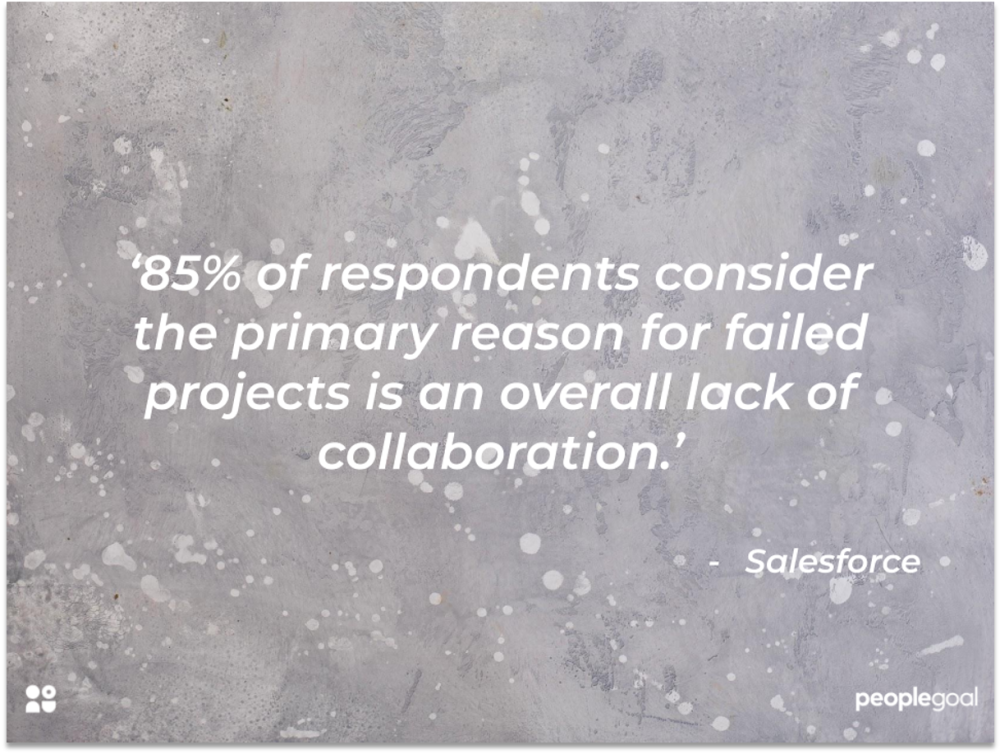
Both team-building and teamwork are integral to any organization’s success. Understanding the difference, and the benefits of both, can give you the direction as to where you need to focus your efforts. In today’s current climate most of the focus is on team-building (for obvious reasons). We’re going to have to become ever-more creative as to how we can encourage team-building with a vast majority of the population working remotely.
Ready to 3x Your Teams' Performance?
Use the best performance management software to align goals, track progress, and boost employee engagement.

